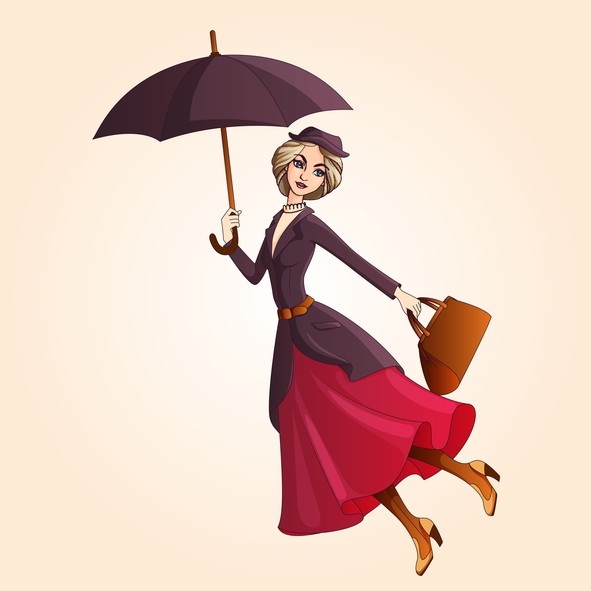
True, but a ‘kid’ is also a juvenile human creature—quite often annoying, but let’s not go there. I know it’s standard use in America, but here in the Caribbean, you’d be surprised how many people will fight you down to the ground if you use the word ‘kid’ to mean child. I have had people send back my work with the word ‘kid’ circled in red with the witty, original, and utterly-never-heard-before comment, “You mean a baby goat?”
Oh, grow up. As an editor I get paid to be nit-picky about language, but as a person in possession of a working brain and a functional concept of how languages work, I also reside on this planet, and I have two points to make.
- Language is alive. Just like you and me: It is born, it grows, it matures, it changes, and it will eventually die. A few years ago the word ‘selfie’ didn’t exist. Or ‘blog’ or ‘vlog’ or ‘twerk’ . . . or dozens more. They were created to fill a need. Also, words we consider “proper” English had different meanings in earlier times. We use the word ‘slut’ today to mean a woman with low sexual values, but it originally meant a dirty and unkempt woman. The word ‘nice’ originally meant foolish or stupid; now it has morphed into the wishy-washy non-word we all know and love. The meaning of words changes.
- I first heard the word ‘kid’ back in the 60’s, on Sesame Street. When I was a kid myself. It dates back more than 100 years. And as far as I’m concerned, if a word has been around so long, it’s earned its stripes.
So, if you feel strongly about it, you can type ‘children’ until your hands hurt, but if I choose to do otherwise, there’s no need to get all up on my back about it, ‘kay?
Comments and questions, guys. Let’s talk it through!




